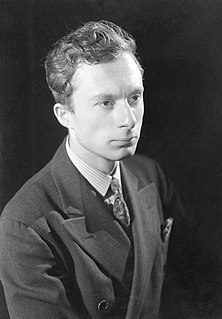A Quote by Marty Walsh
The majority of people who come to America come for a better life, just like the Italians, the Jews, the Irish, and the Polish did in generations before. A lot of the Irish came here back in the turn of the 19th to the 20th century because there were no opportunities and no options at home for them. There were no jobs and there was extreme poverty. They came here to be able to send money back home.
Related Quotes
I was really interested in 20th century communalism and alternative communities, the boom of communes in the 60s and 70s. That led me back to the 19th century. I was shocked to find what I would describe as far more utopian ideas in the 19th century than in the 20th century. Not only were the ideas so extreme, but surprising people were adopting them.
I have just as much right to stay in America - in fact, the black people have contributed more to America than any other race, because our kids have fought here for what was called "democracy"; our mothers and fathers were sold and bought here for a price. So all I can say when they say "go back to Africa," I say "when you send the Chinese back to China, the Italians back to Italy, etc., and you get on that Mayflower from whence you came, and give the Indians their land back, who really would be here at home?"
The vast majority of those of Scots lineage living in the Ulster counties in the 18th century had come across, or their people had come across, in the 1690s. And they were victims of famine. Over that decade, 30000-50000 people were fleeing from that disaster. In terms of per capita loss, it was of the same order of magnitude as the Irish famine (of the 19th century).
Home is home wherever you grow up generally speaking. Unless you're one of those people who always wants to get out of a small town and do something bigger with your life, which I always did but I always wanted to come back, so home is home and its a great place for me to come back and escape the hustle and bustle of the life that I live.
Ironically, there is a history of black/Irish communion here in the states; Irish and African American brothers and sisters have often found common cause in fighting the bigotry both communities faced earlier in the 20th century. However, white skin privilege among the Irish separated them from blacks, who had no such advantage to fall back upon. The solution is to fight bigotry and racism wherever they appear, and to root out the forces of oppression as conscientiously as possible.
How is this any different than the big boat argument of people when it came to African-Americans after the Civil War, decided, 'Put them on a boat and send them back where they came from?' You know, he says it in polite language, but that's what Romney's been saying, 'Get home where you came from, start all over again.'


































